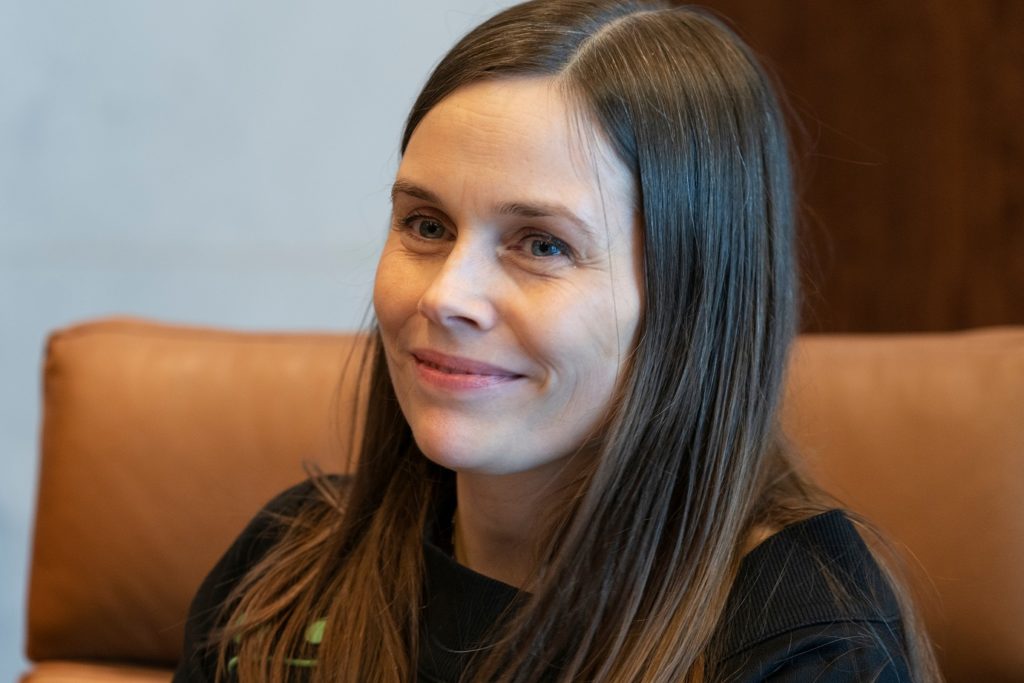Iceland fleetingly thought it had elected Europe’s first female-majority parliament on Sunday, before a recount showed it had just missed out, with women set to make up almost 48 per cent of its new parliament.
The initial count showed women winning 33 seats of the 63-seat parliament, but hours later, a recount in western Iceland changed the outcome, with women winning 30 of the 63 seats.
Before the recount, when it was thought there would be a female majority, President Gudni Johannesson said, “In a historical and international light, the most significant news is that women are now first time in majority in the Icelandic parliament, and a first in Europe”.
While the celebration was short lived, Iceland voted in nearly 48 percent women in the election and will retain its position for having the highest percentage of female members of parliament anywhere in Europe. Prime Minister Katrin Jakobsdottir’s coalition government has also retained its majority, but it will take days or perhaps weeks for the new government to be announced.
Jakobsdottir’s party, the Left Green Movement, lost several seats, but its centre-right coalition partners gained seats, pushing the coaliton’s majority to 37 seats in total.
The coalition is made up of three parties, including the Left Green Movement, and the conservative Independence Party and the centrist Progressive Party. Before the election, they said they would continue to work to work together if it won a majority. There is some doubt as to whether Jakobsdottir will continue as leader of the coalition.
It is a good result for the coalition, as opinion polls were predicting it would lose its majority prior to the election.
Lenya Run Karim, a 21-year old law student and daughter of Kurdish immigrants, was one of the candidates whose victory was overturned in the recount. She ran for the anti-establishment Pirate Party, and if elected, she would have been the youngest ever Icelandic politician.
According to data from the Inter-Parliamentary Union, only three countries, Rwanda, Cuba and Nicaragua, have female-majority parliaments. Mexico and the United Arab Emirates have 50 per cent women. No country in Europe has reached the 50 per cent threshold, with Finland and Sweden sitting just behind Iceland, at 47 per cent and 46 per cent, respectively.
Iceland is considered a world leader in gender equality, and was ranked first in the world by the World Economic Forum for the 12th consecutive year in 2021. The country has been leading in policy areas including paid parental leave and pay equality.
Back in 2017, Jakobsdottir, then aged 41, became Iceland’s Prime Minister, ousting the existing centre-right coalition, with an agenda including greater investment in healthcare, education and transport infrastructure, sustaining Iceland’s economic recovery from the 2008 financial crash, and improving gender equality and LGBT rights.

